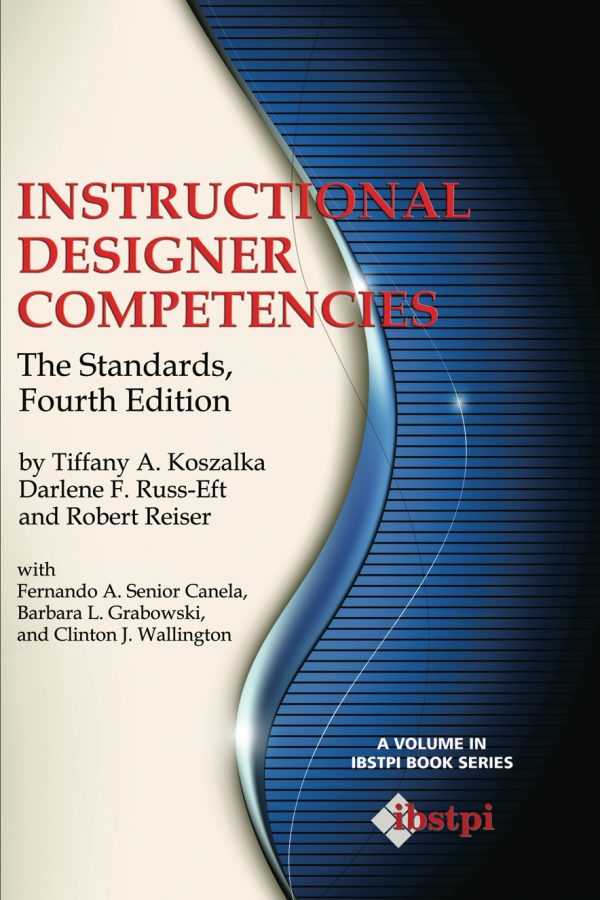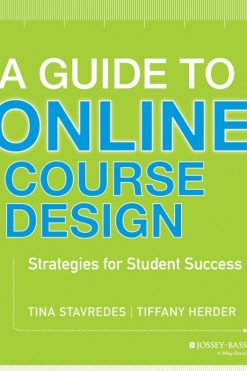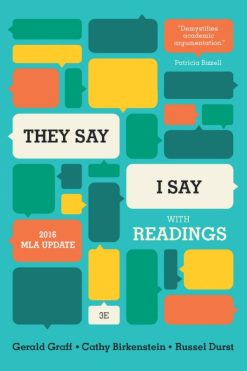Instructional Designer Competencies: The Standards
$65.00 $16.25
This book provides the most current and complete version of statements defining a competent instructional designer, for those who are or aspire to practice in virtually any context, anywhere in the world. The research conducted to update and validate these standards included obtaining feedback from over 1000 senior to novice practitioners and scholars working in the North, South, and Central Americas, Europe, Asia, Australia and New Zealand, and African nations.nnnnThis book is intended for those who hire, train, and prepare instructional designers and those who work (or plan to work) as instructional designers. It provides an updated description of the profession. It lays out the most critical competencies (e.g., knowledge, skills, and attitudes) of the successful instructional designer, regardless of the context in which they work (e.g., K-12, higher education, business and industry, government and military, private consultancy, informal or formal), the location in which they practice (e.g., the Americas, Europe, Asia, Africa, Australia), and the type of delivery for which they design (e.g., face-to-face, paper-based, digital, blended).nnnnThere have always been questions about what instructional designers do such questions led to the creation of ibstpi more than 30 years ago. Yet, this questioning is especially true today with the growing call for developers of e-learning and other technology-supported instruction. The term instructional designer seems to have become a generic phrase that now lends itself to a broad range of meanings, and yet, it is a definitive profession with a specific scope and focus. The more widely the label instructional designer is used, the more room there is for misunderstanding about what is called for in skills, behaviors, competencies, and outputs. What is called for in the midst of this learning boom is clarity, direction and uniform expectations. With a common understanding, we can help avert poor design, especially in e-learning and technology-supported instruction, which often fails learners or has high attrition rates.nnnnGrounded on rigorous research, consulting hundreds of practitioners around the world, this book articulates and explains what is required to be a competent instructional designer. It includes the set of standards that clarifies the profession and provides a set of competencies for creating hiring schemes, professional development guidelines, performance assessments, work plans, and curriculum to prepare instructional designers.The instructional designer profession continues to grow in wake of emerging technologies, new pedagogies, and virtual learning environments.nnnnHowever, many educators, instructors, and even training specialists often lack the competencies to design, develop, implement, and evaluate these newer types of instructional solutions. This book articulates and explains the competencies that are required to be a competent instructional designer.
Additional ISBNs: 9781623964030, 1623964032, 9781623964054, 1623964059
No comments yet
Related products
Uncategorized
Uncategorized
Uncategorized
Uncategorized
Uncategorized
Uncategorized













Review Instructional Designer Competencies: The Standards
There are no reviews yet.